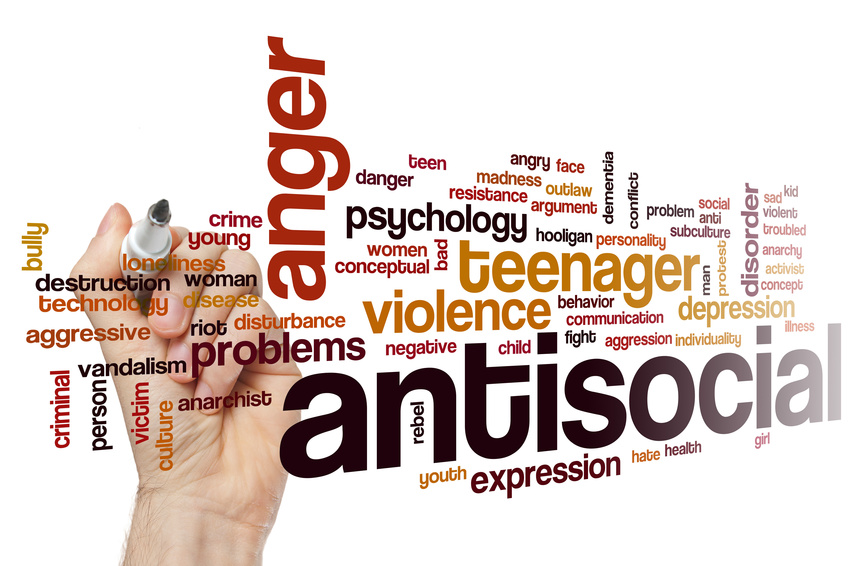
There are many misconceptions about anti-social personality (ASP) disorder. Some people believe that persons with this kind of mental condition are dangerous or violent. This could be true in some instances. Despite this, it is important to note that just because someone is diagnosed with ASP does not necessarily mean that he is already aggressive or vicious.
What causes this mental illness?
The main cause of anti-social personality disorder is still unknown. Experts have not yet confirmed the primary reasons for its development. However, there are some findings that child abuse or maltreatment can also cause ASP disorder. According to Kathleen Smith, PhD, LPC “Research on adopted children of parents with the disorder indicates that environment may also be a factor, such as when children receive poor discipline, have negative role models, or are not taught to respect the rights of others. Children of an alcoholic parent are also at increased risk.” The environment of the individual, as well as the manner of rearing, may also be one of the factors that can cause the development of this mental illness.
According to a recent study, a large number of people with this disorder are composed of men. The same study also revealed that most of the persons suffering from anti-social personality disorder are already in prison.
Additionally, some researchers claim that this disorder can also be hereditary. The composition of a person’s genes can contribute to the development of ASP disorder. At the same time, the way of life of the person can also be one of the triggering factors of this illness.
Discovering The Symptoms

These symptoms indicate that a person has anti-social personality disorder:
- Always angry or full of hatred
- Commits violation of the law
- Dishonest and enjoys spreading lies
- Lack of sincerity in personal dealings
- Manipulates other people to get what he wants
- Appears to be intellectual all the time
- Alcoholic or with substance abuse
- Steals things or other personal properties
- Arrogant or aggressive
- Does not care about the emotions of others
Diagnosis: Presence of Symptoms
Only professionals can declare whether or not a person has an anti-social personality disorder. The diagnosis is usually based on a psychological evaluation. The medical practitioner will take into consideration the presence of all the symptoms as well as the attending circumstances in each case.
Preventing Its Development
Just like the causes of this mental illness, its prevention is also not clearly established by experts. As a matter of fact, many of them postulated that outcomes of interventions are rare or very limited for adults with ASP.
Treating ASP Disorder

An anti-social personality disorder is one of the most difficult mental conditions to deal with. The treatment is also challenging since most persons with this disorder are not willing to go to a professional. They usually deny the presence of the symptoms. As Donald Black, MD states that, “Because people with antisocial personality tend to blame others, have a low tolerance of frustration, are impulsive and rarely form trusting relationships, these patients are difficult to work with and often lack motivation for improvement and are notoriously poor self-observers.” This is why some courts are given the jurisdiction to order for the treatment of certain persons with ASP disorder.
Interacting With A Sociopath
A person with anti-personality disorder is also called a sociopath. Some doctors also associate this mental condition with the psychopath. When it comes to dealing with a sociopath, take note to understand the different factors that affect his decisions and actions. Do not try to argue with him, as it will only make matters worse.
According to Scott A. Bonn Ph. D., “Sociopathy is characterized by the following personality and behavioral traits such as a disregard for laws and social mores, disregard for the rights of others, failure to feel guilt, and tendency to display violent behavior and emotional outbursts.” Keep in mind that a sociopathic individual does not care about the emotions of others. He always works for his own personal interests, even if it means causing harm or discomfort to those around him.